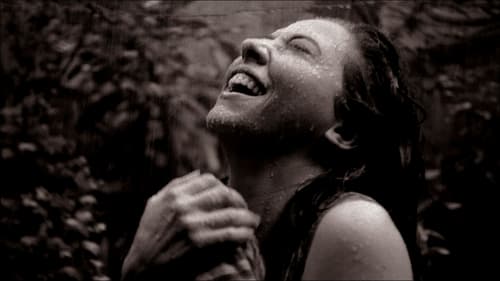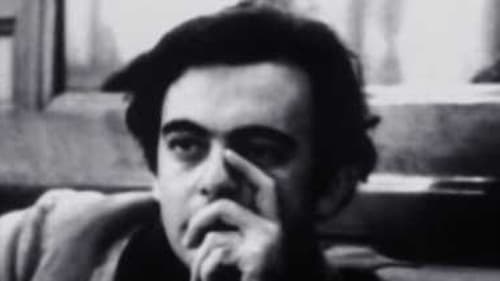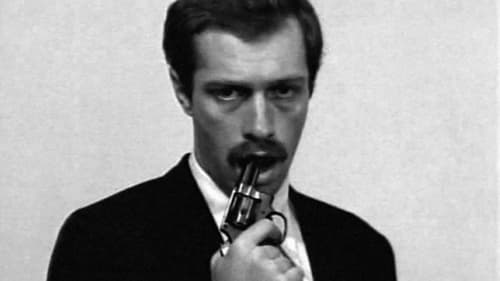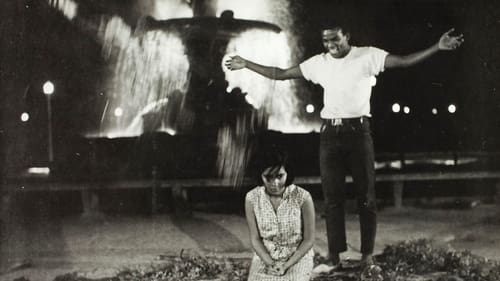Gustavo Dahl
출생 : 1938-10-08, Buenos Aires City, Buenos Aires, Argentina
사망 : 2011-06-26

Self - Filmmaker (archive footage)
A deep investigation, in the way of a poetic essay, on one of the main Latin American movements in cinema, analyzed via the thoughts of its main authors, who invented, in the early 1960s, a new way of making movies in Brazil, with a political attitude, always near to people's problems, that combined art and revolution.

A documentary on the life and work of Amácio Mazzaropi, a phenomenon of popularity and profitability of Brazilian cinema.

Documentary about Brazilian filmmaker Glauber Rocha, one of the most important names in the Cinema Novo, with interviews with some of his friends and colleagues.

Executive Producer
Between August 23 and 31, 1983, at the "Circo Massimo", in Rome, there was a musical event that brought together artists from Bahia. This film brings a recording of the event, also featuring backstage, rehearsals, testimonies and some relaxing moments of these great names in Bahia's music.

Writer
Between August 23 and 31, 1983, at the "Circo Massimo", in Rome, there was a musical event that brought together artists from Bahia. This film brings a recording of the event, also featuring backstage, rehearsals, testimonies and some relaxing moments of these great names in Bahia's music.

Producer

Editor

Writer

Director

Director

Screenplay
In the early 17th century, the Dutch have occupied Bom Jesus village, the last native stronghold in the Pernambuco captaincy. An adventurer, João Fernandes Vieira, sees himself in the middle of a conflict, torn between joining his friend Mauricio de Nassau alongside the ruling Dutch and siding with his lover Ana Paes in the fight to free his homeland.

Writer
Documentary on famous Brazilian actresses, female directors and the role of women in Brazilian film history.

Editor
Documentary on famous Brazilian actresses, female directors and the role of women in Brazilian film history.

Editor

Editor

Director

Editor
Expedito, after being abandoned by his parents, became Zefa's adopted son until he became a man and started earning his living as an independent fisherman. As soon as he finds out that Zefa is very ill, Expedito runs back home and finds his adoptive mother in agony. At the edge of the bed, a mysterious woman, who claims to be Death, sits.

It is the magazine that continues the Modern Art Week of 22.

Producer
The eccentric members of a wealthy Brazilian family each go through personal torment, debauchery and intense guilt in this symbolic and gory film. The father has made a fortune in the slaughterhouse business and ignores the feelings of his wife and his workers. He frequents a mulatto woman, who is always seen naked. His daughter and her friend act on their lesbian fantasies before her friend marries her brother. An elderly aunt seduces the brother before she drowns herself in the swimming pool. His lesbian sister shoots the girl, and the boy incestuously attacks his mother. When the mother threatens to leave, the father begs for her to stay and continue the hollow charade of their marriage for the sake of social appearances. The father grovels before his mistress after his daughter slashes her wrists. Any comparison between this dysfunctional family, the Manson family, and Shelley Winters' sick Barker brood in Bloody Mama is all an unfortunate artistic coincidence.

Editor

Screenplay
Young congressman Miguel Horta represents a party that is directly opposed to the present government. He slyly switches parties in order to gain favor with those in power, seriously compromising his own ideals and ethics in the process.

Producer
Young congressman Miguel Horta represents a party that is directly opposed to the present government. He slyly switches parties in order to gain favor with those in power, seriously compromising his own ideals and ethics in the process.

Director
Young congressman Miguel Horta represents a party that is directly opposed to the present government. He slyly switches parties in order to gain favor with those in power, seriously compromising his own ideals and ethics in the process.

Originally produced for German TV, Improvised and Purposeful is a firsthand look at the "Cinema Novo" movement (otherwise known as the 'Brazilian New Wave'). Director Joaquim Pedro de Andrade focuses on six Cinema Novo filmmakers working in Rio in 1967.

Editor
In search of a better life, Luzia leaves the Northeast of Brazil and goes to Rio de Janeiro, looking for her fiance who went first to pave their way. Alone in the Marvelous City, she is forced to accept the friendship and protection of Calunga and, later, the company of Inácio.

In search of a better life, Luzia leaves the Northeast of Brazil and goes to Rio de Janeiro, looking for her fiance who went first to pave their way. Alone in the Marvelous City, she is forced to accept the friendship and protection of Calunga and, later, the company of Inácio.

Director
The heyday and glory of mining towns, which emerged in the 18th century, at the height of the gold cycle. The testimony of wealth in the baroque churches of Ouro Preto, Sabará and Mariana.

Editor
A comprehensive view of the situation of different ethnic groups in Brazil. In the testimonies gathered in the streets and neighborhoods of various capitals, black, white, mulatto, Portuguese, Italian and Japanese express their opinion and describe personal experiences involving relationship, racism, miscegenation and cultural exchange.

Assistant Director
Children playing on a graveyard.

















